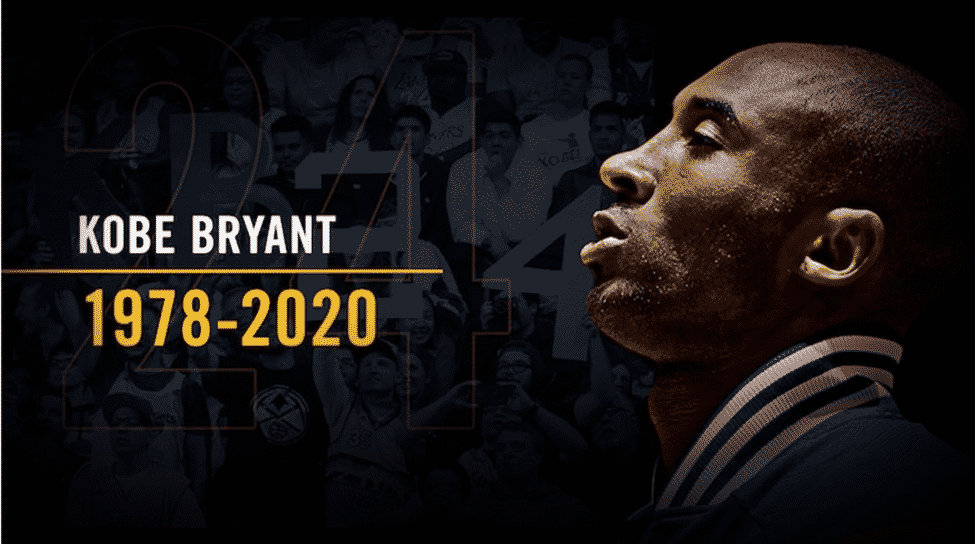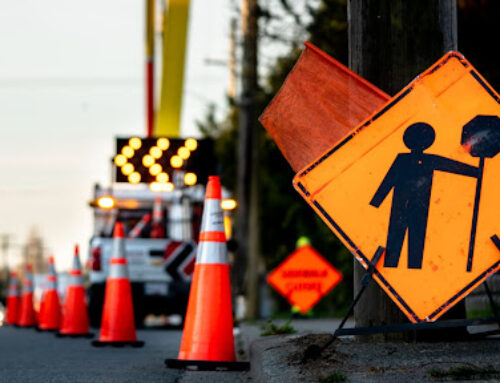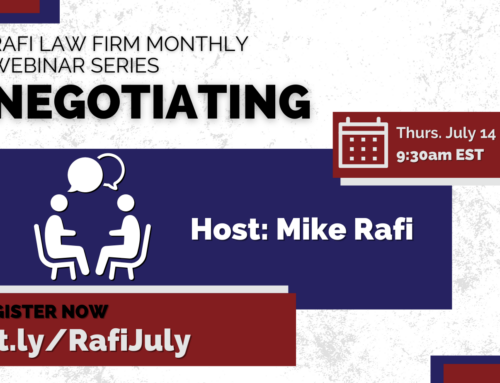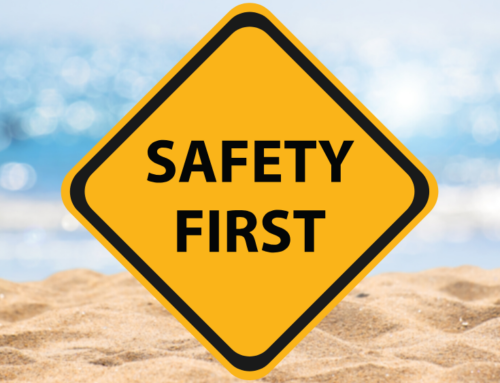The world seemed to turn upside down when the news broke that Kobe Bryant, his daughter, and 7 others died in a helicopter crash. Sports analysts from all over have not stopped talking about the impact Kobe had on the game of basketball, and his story will likely continue as long as basketball does. Because of the possible legal fallout for the pilot, the helicopter manufacturer, and their insurers, lawyers and legal analysts have not stopped talking about the crash either. When accidents of any kind—car, truck, tractor-trailer, plane, or helicopter—take someone’s life, the families and loved ones left behind are often left scrambling and wondering what to do next. Many times, these tragic instances result in a lawsuit or lawsuits to recover for the victim’s loss of life. These are often referred to as wrongful death claims and survivor or estate claims. The blogpost below discusses a few ins and outs of the claims that can be made after someone’s death and how they work.
The types of claims for someone’s death?
The types of claims can be divided into 2 categories: claims for the expenses and pain and suffering endured by the decedent before their death (estate claims) and claims for the “value” of the decedent’s life (wrongful death). An “estate claim” or “survivor claim” can be made to recover losses the decedent would have incurred had they survived. This can include medical bills and expenses, pain and suffering endured by the decedent before they died, and funeral expenses. For a wrongful death claim, the damages are based on what the decedent would have been able to do with their life had they survived. When we say the “value” of someone’s life, we understand that placing an exact value on someone’s life is impossible and can be demeaning. But the law gives some guidelines to jurors about what to consider when determining an amount. The value of a person’s life includes anything from spending time with children and grandchildren, daily activities, or experiences, to the actual economic value of the things the decedent did (the money she would have earned, the value of the taking care of children, value of caring for older relatives).
For the cases that may stem from the helicopter crash involving Kobe Bryant, the families of each deceased victim could recover under an estate claim for the pain and suffering endured in between the crash and their death and the fright and terror experienced right before the crash. The wrongful death damages would include whatever a jury determined to be the value of each person’s life—a determination we do not envy the jury for having to make.
Who can make a claim for wrongful death?
Only certain people can make a claim for wrongful death of their loved one. Yes, when someone passes away it most certainly affects more than just their immediate family and friends. But the law smartly designates which people can bring a claim on behalf of the decedent, or the person who died, to those that may be affected most.
For an estate claim, an estate must be created for the decedent. If the decedent dies without a will, an administrator can be appointed by the court to bring the lawsuit on behalf of the estate. Where the decedent’s spouse survives, the administrator is usually the spouse. If a person dies with a will, the will appoints an executor who will represent the estate.
For a wrongful death claim, the surviving spouse or child has a statutory right to assert a claim for the decedent’s wrongful death. If there is no surviving spouse and there are no children, Georgia law allows the administrator or executor of the decedent’s estate to bring the action. The administrator or executor would then hold the money recovered to be distributed to the decedent’s next of kin in accordance with Georgia law.
Who is a claim for wrongful death against?
A claim for wrongful death is made against the same party or person who a claim for personal injury would be made against—the negligent person who caused the decedent’s death. This could be an at-fault truck driver in a tractor-trailer accident or a doctor or nurse in a medical malpractice case. It could also be the employee or insurer of those individuals—a trucking company or a hospital. Unfortunately, where a person dies in a car crash, the wrongful death recovery could be capped at the amount of the at-fault driver’s insurance combined with the decedent’s insurance, if any, for uninsured motorist coverage.
Going back to the Kobe Bryant crash, the families of the victims most definitely have a case. The question is who it would be against. The claim may be against the estate of the pilot flying the helicopter. That pilot, and possibly the helicopter itself, may have insurance to cover injury to or the death of ay passengers. In addition to that, if the pilot worked as an employee of a company that took passengers from one place to another, the company’s insurance or the company itself could be held liable for wrongful death damages. More, to the extent the helicopter malfunctioned and caused the crash, the manufacturer of the helicopter may be required to pay. Had the crash happened in Georgia, a jury could determine what percentage of fault was attributed to each person or party and “apportion” the wrongful death damages based on percentages of fault.
Who can I talk with about my wrongful death case?
It is important to get counseling or therapy if you need it after a loved one’s death. The first step is to grieve properly. But when the time comes to speak with someone about a wrongful death case, you need to speak with a lawyer familiar with the process. At Rafi Law Firm, we specialize in cases involving wrongful death and know how to best take care of you and your family following your loss. We are available day or night for a free consultation. Call us at 404-948-3311 or click here to speak with a Rafi Law Firm attorney experienced in wrongful death claims.
For more information about who is the beneficiary of a legal claim in a wrongful death lawsuit, click here.
For information about where to find a grief therapist or counselor, click here.





